Muslim Foster Care Association hosts iftar to connect Muslim foster youth and familes
Nargis Rahman March 27, 2025There are about 10 licensed Muslim foster families for the state’s 250 Muslim foster youth, 50 more than last year.
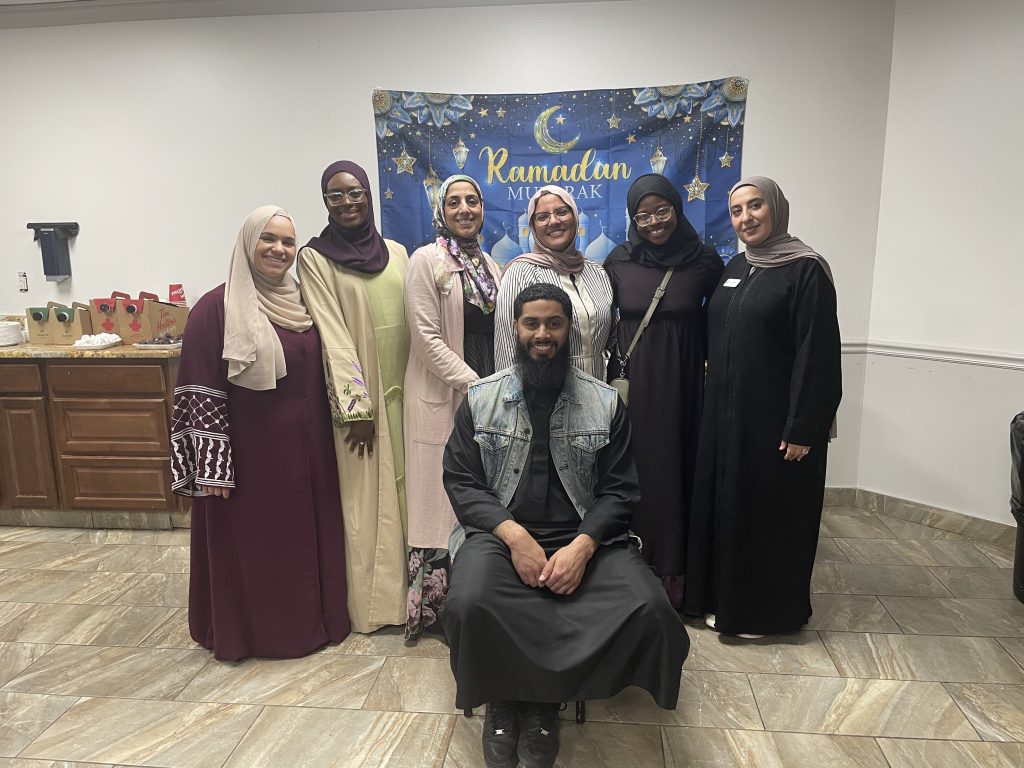
The Muslim Foster Care Association organizers and volunteers hosted their 3rd annual iftar to bring Muslim foster youth and families together during Ramadan.
Organizers and volunteers of the Muslim Foster Care Association (MFCA) hosted a buffet-style meal and celebration for its third annual Ramadan iftar, bringing Muslim foster youth and families together.
Iftar is the meal where Muslims break their fast during Ramadan.
There was a row of savory food from the halal restaurant Sukho Thai in Dearborn Heights, and a table full of sweet treats like knafeh and enormous Macadamia cookies.
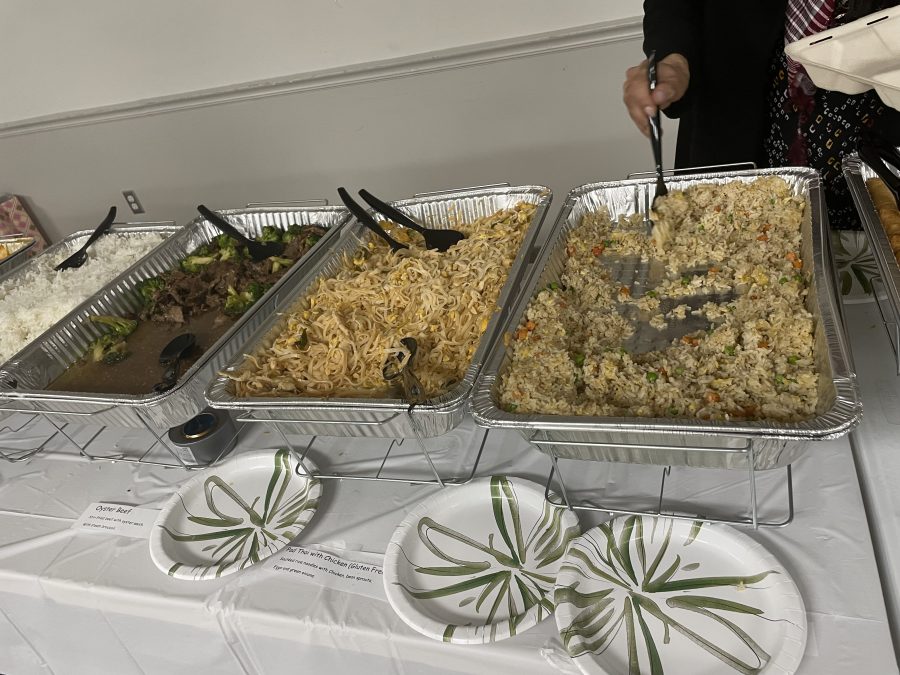
MFCA Co-founder Sameena Zahoor welcomed the attendees.
“I want to thank the families and the foster parents and the families are helping the foster parents and the foster youth that are here today,” she said.
Many Muslims spend time fasting, praying, and doing extra worship with a community during Ramadan. However, many Muslim foster children in Michigan end up spending Ramadan in non-Muslim foster homes — alone.
MFCA wanted to provide a space for the youth to be in community with others.
Salifu Mahmoud previously lived in a non-Muslim home as a foster youth since resettling from Ghana about three years ago. He now lives in independent housing in Canton.
He says fasting during Ramadan is an important part of his religious practices.
“Living with someone who is not like Muslim, like foster care, it’s kind of hard in Ramadan,” he shared.
Mahmoud says his former foster care provider was unaware of his religion or obligations during Ramadan — such as waking up early to eat suhoor, the morning meal before fasting, or praying Taraweeh in congregation at a mosque during Ramadan nights.
This year Mahmoud is staying with a Muslim family during Ramadan, allowing him to experience the familial and communal practices of the month.
“Since I moved to America, this is my best Ramadan,” he said, reflecting that it reminds him of his Ramadans in Africa. “They [his Muslim foster parents] treat me like their kids, showing me love.”
At the iftar, Tonja Baker, a therapist who works for Whaley Children’s Center in Flint, came to learn more about MFCA.
“I was connected through this program for one of our youth at the campus, and managed to be able to bring her down and have her enjoy, you know, Iftar, and be able to just meet and greet with the other families that are here,” she said.
It’s important for the staff to learn culturally competent care to provide services or Muslim youth, Baker said, and the center tries to link Muslim youth to mosques in the area, but resources are scarce.
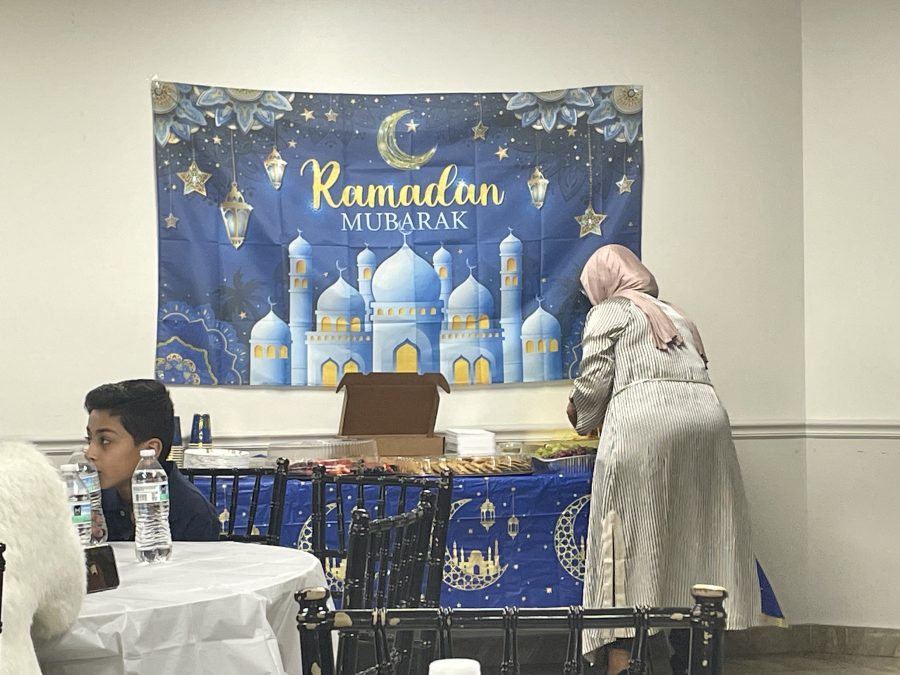
In addition to the iftar, MFCA passed out Ramadan 215 baskets filled with goodies like dates, halal marshmallows, and a Target gift card to Muslim foster youth in Michigan.
Shereen Abunada, director of operations at MFCA, says she’s been working to increase the number of Muslim foster parents, but many are feeling burnout.
“That happens when parents have a placement that doesn’t go as well as they had hoped,” she said.
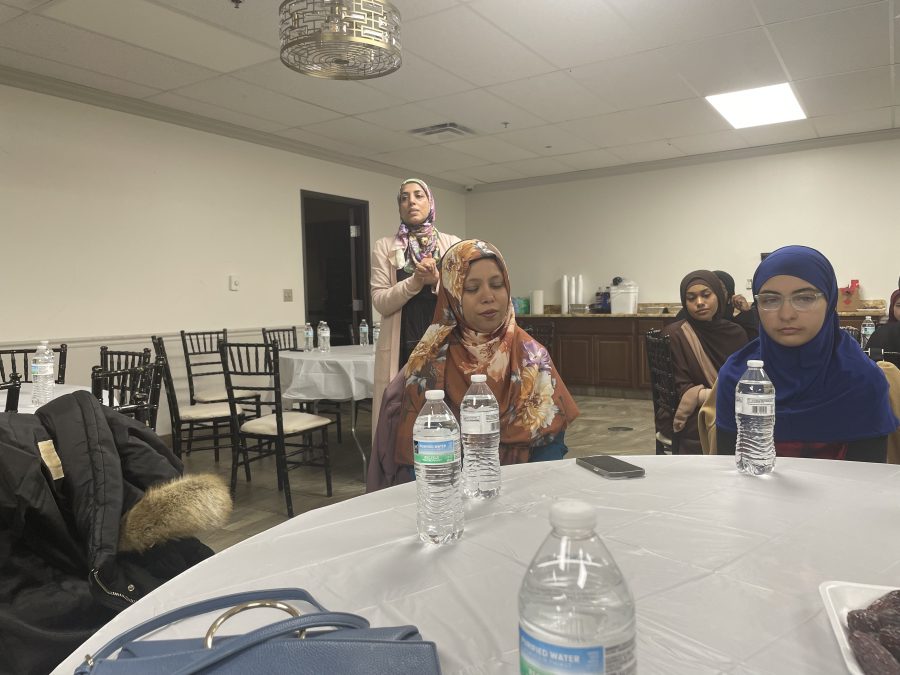
There are about 10 licensed Muslim foster families for the state’s 250 Muslim foster youth, 50 more than last year.
Abunada says the number of Muslim youth in the system has increased. In anticipation of potentially changing immigration policies, resettlement agencies recently expedited travel for Muslim foster youth from West African countries.
“So we’ve had an influx of about 50 to 70 youth that have just recently arrived in the in the past couple months,” she said.
Abunada says unaccompanied refugee minors feel vulnerable.
“A lot of them are also just the fear of being deported, the fear of being targeted. A lot of these kids are just by themselves, kind of going back to their own, their home countries, or trying to find other places to be,” she said.
Abunada says organizations and agencies are working to protect the children.
Hosting the iftar was one way to create a community for the foster youth, as they navigate the next steps in their journeys.
Trusted, accurate, up-to-date.
WDET strives to make our journalism accessible to everyone. As a public media institution, we maintain our journalistic integrity through independent support from readers like you. If you value WDET as your source of news, music and conversation, please make a gift today.
Author
-
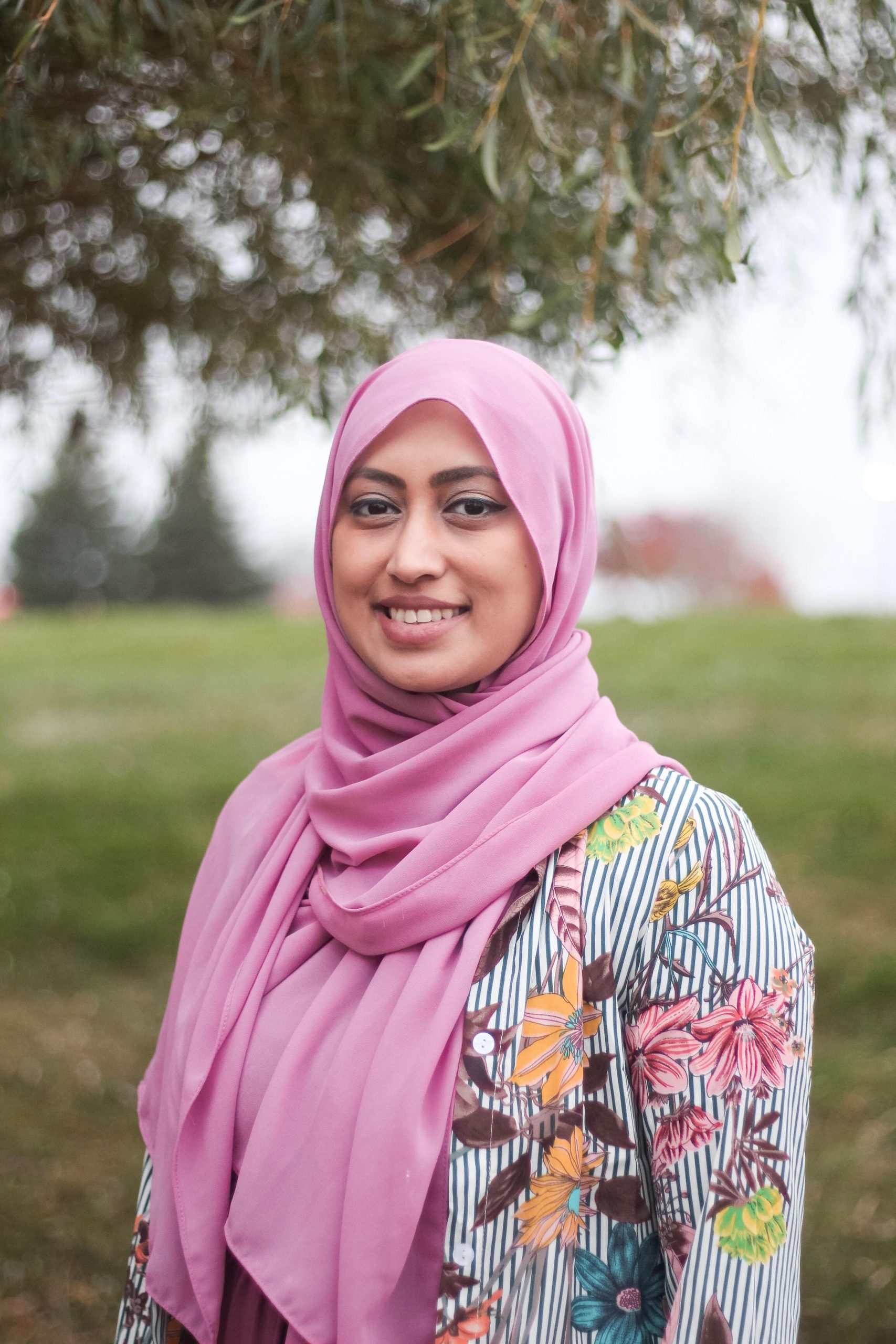 Nargis Hakim Rahman is the Civic Reporter at 101.9 WDET. Rahman graduated from Wayne State University, where she was a part of the Journalism Institute of Media Diversity.
Nargis Hakim Rahman is the Civic Reporter at 101.9 WDET. Rahman graduated from Wayne State University, where she was a part of the Journalism Institute of Media Diversity.
